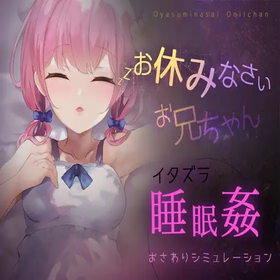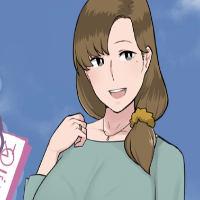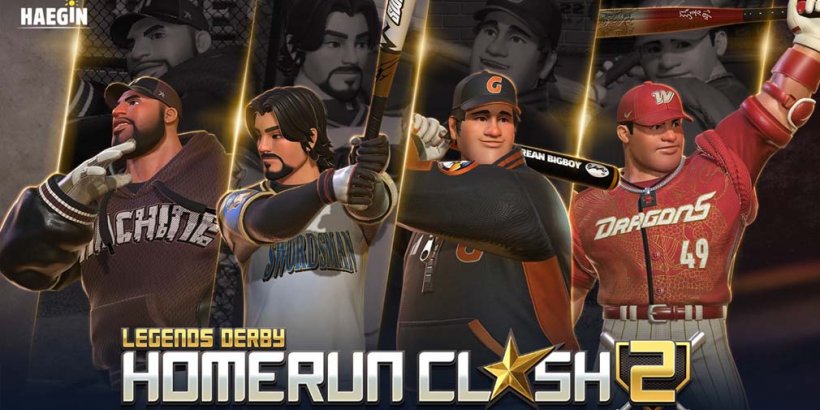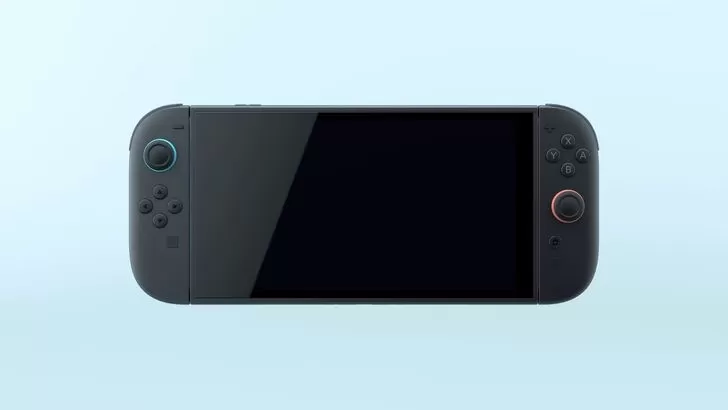Japan PM Addresses Assassin’s Creed Shadows Query: The Truth Revealed
During an official government conference, Japanese Prime Minister Shigeru Ishiba addressed a question regarding *Assassin’s Creed Shadows*, Ubisoft’s upcoming entry in the long-running franchise set in Feudal Japan. Initial reports suggested that Ishiba had criticized the game and its developer over concerns about the portrayal of religious shrines, but the full context reveals a more nuanced discussion.
IGN worked with IGN Japan to provide both an accurate translation and background on the exchange, helping clarify the situation. We've also reached out to Ubisoft for further comment.
To provide context, Ubisoft has issued multiple public apologies leading up to the release of *Shadows*, which has faced significant delays. Some elements of the game and its promotional materials have drawn criticism from certain groups within Japan, particularly concerning historical inaccuracies.
In response to backlash, the development team acknowledged the concerns and clarified that while inspired by history, the game is not intended to be a historically precise simulation but rather “a compelling historical fiction.”
Ubisoft also highlighted its efforts to consult with historians and cultural experts, though it admitted, “Despite these sustained efforts, we acknowledge that some elements in our promotional materials have caused concern within the Japanese community. For this, we sincerely apologize.”
Another controversy arose when Ubisoft used a flag belonging to a Japanese historical reenactment group without permission in promotional artwork for the game. The company later apologized for the oversight.
Additionally, collectible figure maker PureArts pulled an *Assassin’s Creed Shadows* statue from sale due to its depiction of a one-legged Torii gate, which some found offensive. Torii gates are traditionally placed near sacred sites in Japan as symbolic boundaries between the human and spiritual worlds. The one-legged variant holds specific historical significance—most notably at Nagasaki’s Sannō Shrine, located just 900 meters from the hypocenter of the WWII atomic bomb blast that killed an estimated 60,000 people.
With all this in mind, *Assassin’s Creed Shadows* enters the market amid a wave of controversy—not only in Japan but also among Western fans who have expressed concerns about how the game portrays the country.
The question was posed by Hiroyuki Kada, a member of the House of Councillors in Japan and a candidate in the upcoming summer elections. He stated:
“I fear that allowing players to attack and destroy real-world locations in the game without permission could encourage similar behavior in real life. Shrine officials and local residents are also worried about this. Of course, freedom of expression must be respected, but acts that demean local cultures should be avoided.”
In response, Prime Minister Ishiba said:
“How to address this legally is something we need to discuss with the Ministry of Economy, Trade and Industry, the Ministry of Education, Culture, Sports, Science, and Technology, and the Ministry of Foreign Affairs.“Defacing a shrine is out of the question—it is an insult to the nation itself. When the Self-Defense Forces were deployed to Samawah, Iraq, we ensured they studied Islamic customs beforehand. Respecting the culture and religion of a country is fundamental, and we must make it clear that we will not simply accept acts that disregard them.”
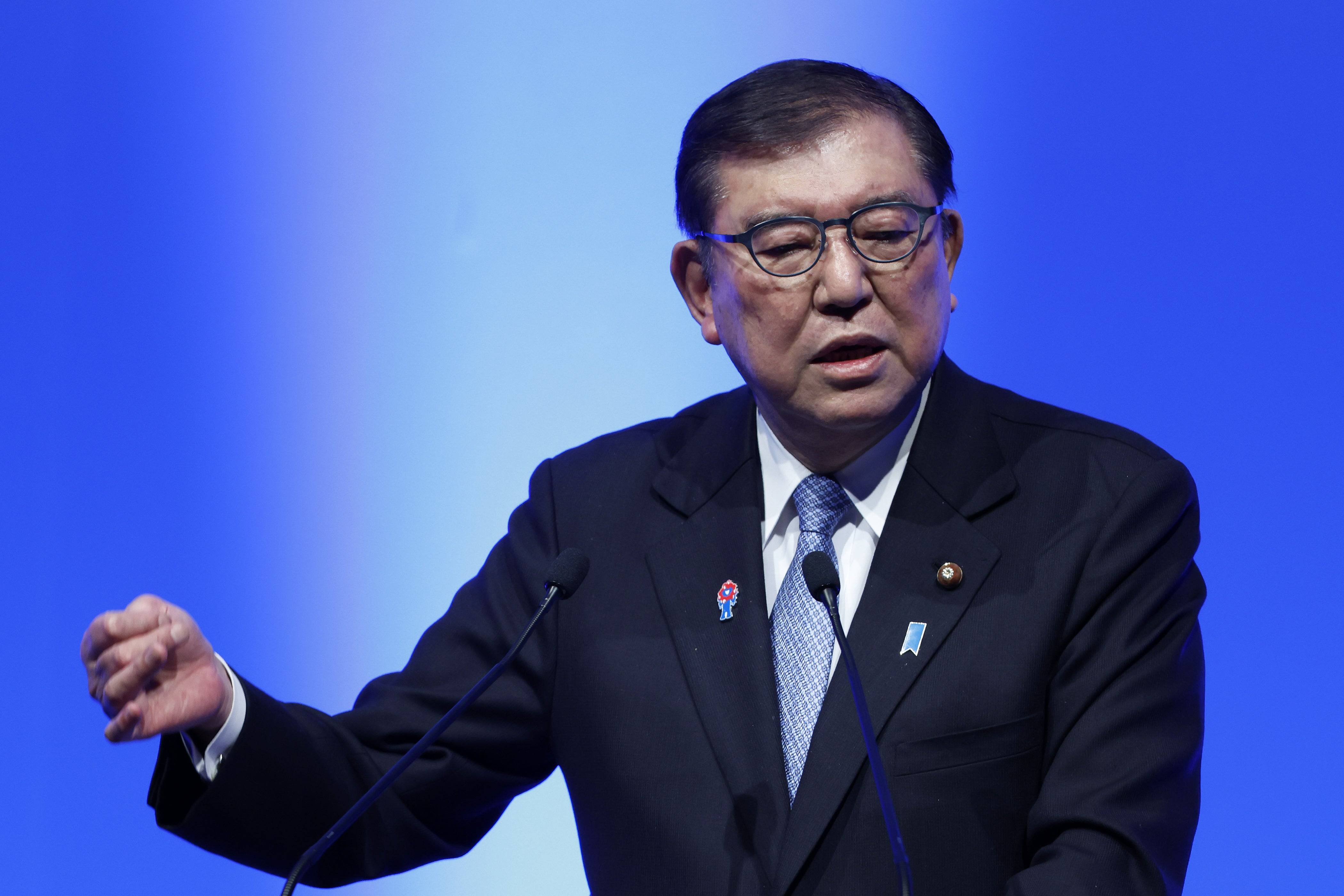 These quotes reflect accurate translations, but understanding the broader context is key. As reported by IGN Japan, Japan has experienced a surge in international tourism since reopening its borders post-pandemic, fueled by a weak yen. During the budget meeting, Kada linked his concerns about *Shadows* to what he described as “over-tourism” and a rise in vandalism and graffiti across the country.
These quotes reflect accurate translations, but understanding the broader context is key. As reported by IGN Japan, Japan has experienced a surge in international tourism since reopening its borders post-pandemic, fueled by a weak yen. During the budget meeting, Kada linked his concerns about *Shadows* to what he described as “over-tourism” and a rise in vandalism and graffiti across the country.
His argument echoes a long-standing debate—that games like *Call of Duty* or *Grand Theft Auto* might inspire real-life imitative behavior. In this case, he suggested that if players can virtually damage temples or wield katanas against NPCs, they might be tempted to do the same during visits to Japan.
Prime Minister Ishiba made it clear that any such actions in real life would not be tolerated. However, his remarks focused on hypothetical scenarios rather than condemning the game outright. His statements targeted potential copycat behavior, not the creative content of *Assassin’s Creed Shadows* itself.
The shrine depicted being defaced in gameplay videos is the Itatehyozu Shrine in Himeji, Hyogo Prefecture—one of the landmarks within Kada’s electoral district. He confirmed that shrine representatives had not been contacted by Ubisoft before the structure was included in the game.
Masaki Ogushi, Vice Minister of Economy, Trade and Industry, replied that government agencies would respond “if the shrine seeks consultation,” though again, that remains conditional. Given Japan’s constitutional protections around artistic expression, Ubisoft likely has legal grounds to use such depictions regardless.
Both ministerial responses were noncommittal and unlikely to lead to concrete action. Meanwhile, Ubisoft appears to have preemptively adjusted the game to address cultural sensitivities—perhaps more so than Kada realized.
[ttpp]
News emerged today in Japan about a planned day-one patch for *Assassin’s Creed Shadows*. According to Automaton, Ubisoft intends to implement several changes upon launch on March 20. These include making tables and shelving inside shrines indestructible, reducing depictions of bloodshed in sacred spaces, and removing blood effects when attacking unarmed NPCs. IGN has contacted Ubisoft to confirm whether this patch applies specifically to the Japanese version.
Regardless of the game’s reception in Japan, there is immense pressure on *Assassin’s Creed Shadows* to succeed globally. Ubisoft has faced numerous setbacks in recent years, including high-profile flops, layoffs, studio closures, and the commercial underperformance of last year’s *Star Wars Outlaws*.
IGN’s review of *Assassin’s Creed Shadows* awarded the game an 8/10. Our verdict read: “By sharpening the edges of its existing systems, *Assassin’s Creed Shadows* creates one of the best versions of the open-world style it’s been honing for the last decade.”
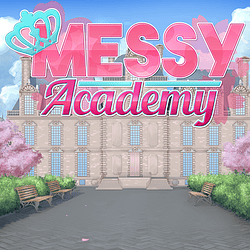









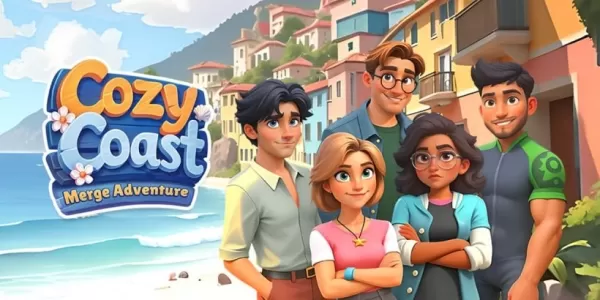
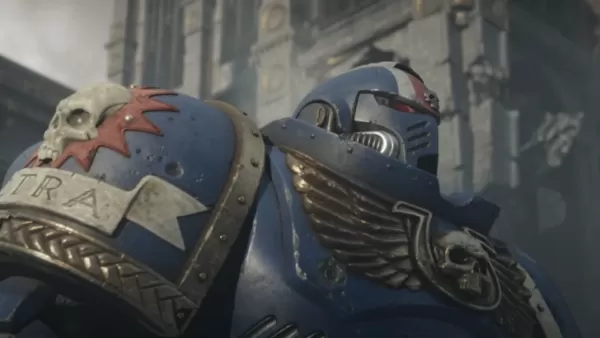


![My Cute Succubus - Girls in Hell [18+]](https://imgs.21all.com/uploads/98/17315786356735cb0b46adf.png)



